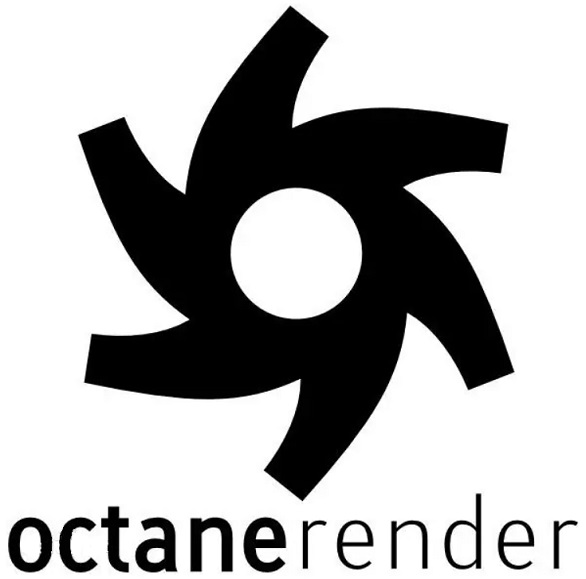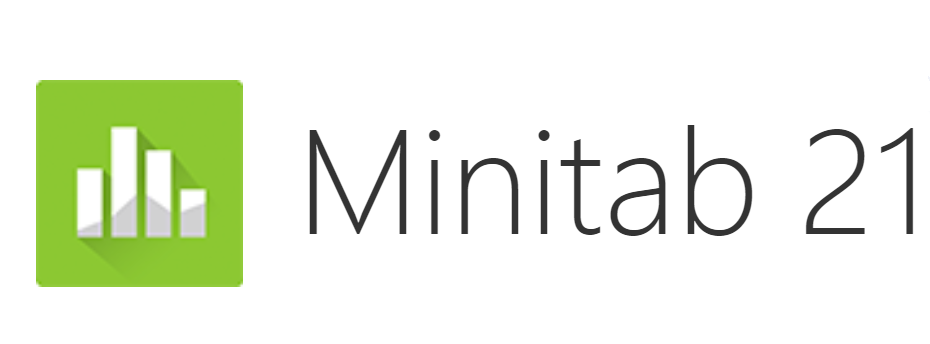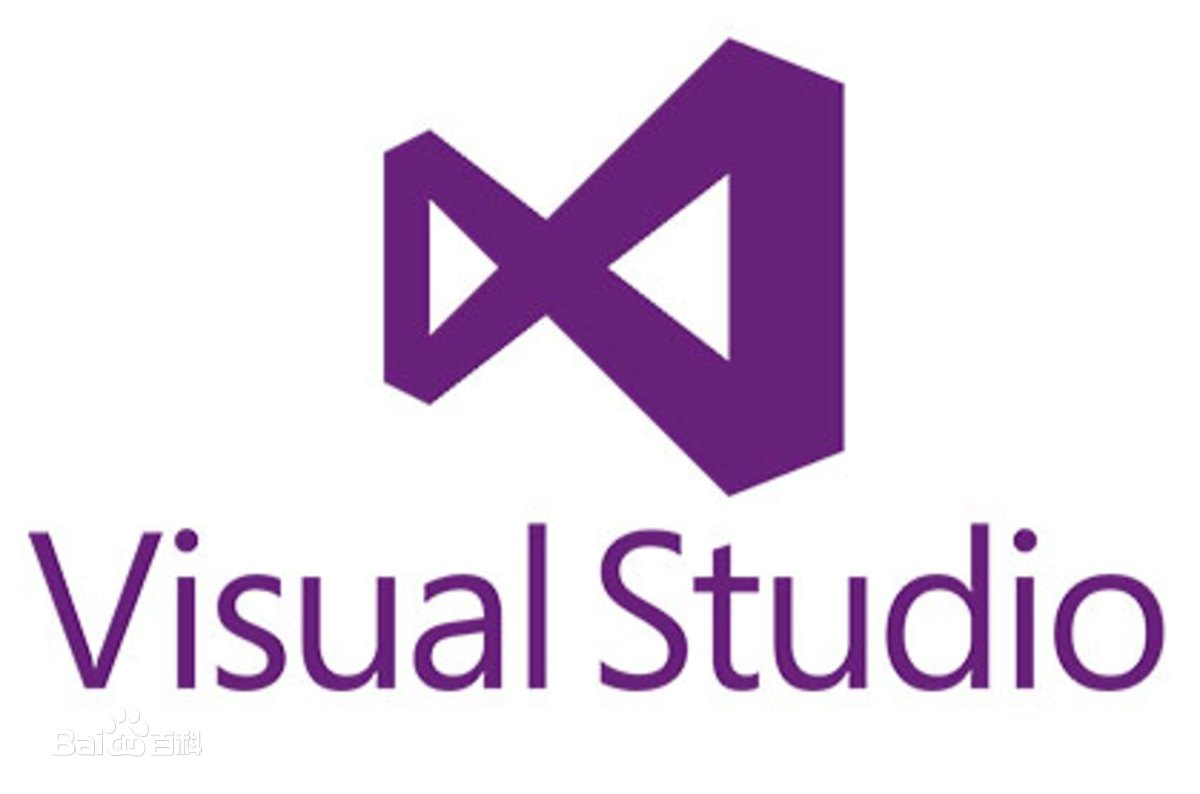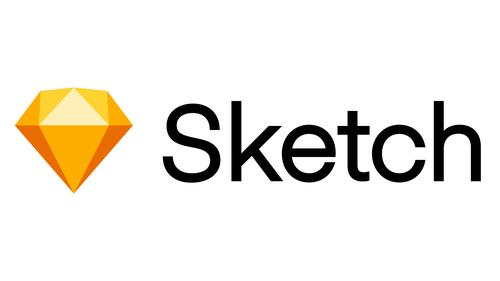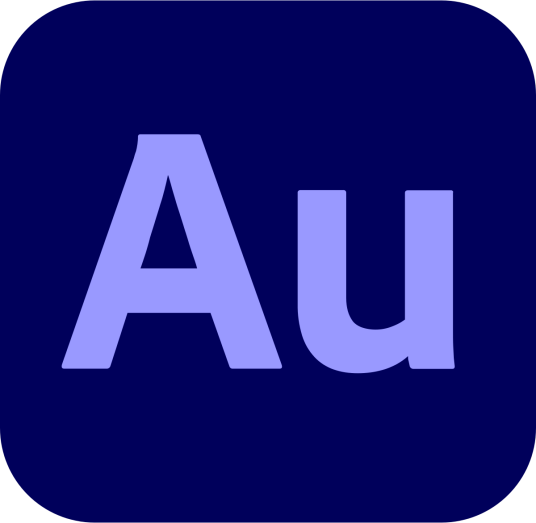Introduction

Qt is a cross platform C++graphical user interface application development framework developed by Qt Company in 1991. It can be used to develop both GUI programs and non GUI programs, such as console tools and servers. Qt is an object-oriented framework that uses special code generation extensions (called Meta Object Compilers (MOCs)) and some macros. Qt is easy to extend and allows for true component programming.
In 2008, Qt Company Technology was acquired by Nokia, making it a programming language tool under Nokia's umbrella. In 2012, Qt was acquired by Digia.
In April 2014, the cross platform integrated development environment Qt Creator 3.1.0 was officially released, achieving full support for iOS, adding plugins such as WinRT and Beauty, abandoning GDB debugging support without Python interfaces, integrating C/C++code modules based on Clang, and making adjustments to Android support. As a result, comprehensive support for iOS, Android, and WP was achieved, It provides all the functions required for application developers to establish an artistic level graphical user interface.
Basically, Qt is the same type of thing as Motif, Openwin, GTK and other graphical interface libraries on X Window and MFC, OWL, VCL, and ATL on the Windows platform.

Advantage
Excellent cross platform features:
Qtж”ҜжҢҒдёӢеҲ—ж“ҚдҪңзі»з»ҹ: Microsoft Windows 95/98гҖҒMicrosoft Windows NTгҖҒLinuxгҖҒSolarisгҖҒSunOSгҖҒHP-UXгҖҒDigital UNIXпјҲOSF/1гҖҒTru64пјүгҖҒIrixгҖҒFreeBSDгҖҒBSD/OSгҖҒSCOгҖҒAIXгҖҒOS390гҖҒQNXзӯүзӯүгҖӮ
object-oriented
The good encapsulation mechanism of Qt makes it highly modular and reusable, making it very convenient for user development. Qt provides a security type called signals/slots to replace callbacks, making collaborative work between various components very simple.
Rich API
Qt includes up to 250++classes and also provides template based collections, serialization, file, I/O device, directory management, date/time classes. It even includes the processing function of regular expressions.
Supports 2D/3D graphics rendering and OpenGL
Extensive development documentation
XML support.

Release
Qt is a cross platform C++graphical user interface library produced by TrollTech in Norway at the end of 1995.
Trolltech was established in 1994, but in 1992, the programmers who founded Trolltech had already started designing Qt, and the first commercial version of Qt was launched in 1995.
On January 31, 2008, Nokia announced its acquisition of TrollTech through public bidding, with all its technologies, including Qt, under Nokia's umbrella. And Nokia has released Qt in different versions according to its mobile device platform planning needs.
Qt Commercial Edition: Provided for commercial software development. They provide traditional commercial software distributions and provide free upgrades and technical support services during the validity period of the agreement.
Qt Open Source Edition: Provides the same functionality as the commercial version. It is free, and using the open source version requires understanding of the various open source protocols it adopts.
For example, when using the open source version of QT, it should be noted that the LGPL open source protocol of QT's open source version:
LGPL allows commercial software to use the LGPL class library through class library references (links) without the need for open source commercial software code. This allows open source code using the LGPL protocol to be referenced, published, and sold by commercial software as a class library.
That is, using the open-source version of QT using the LGPL open-source protocol can also be used to develop commercial and closed source software.
Starting from Qt 4.5 released in March 2009, Nokia has added open source LGPL licensing options to Qt.

Starting from May 11, 2009, Nokia Qt Software announced that the Qt source code library is open to the public, and Qt developers can assist in guiding and shaping the future development of Qt by contributing code, translations, examples, and other content to Qt and related projects. In order to facilitate the management of these contents, Qt Software has enabled a web source code management system based on Git and Gitorious open source projects.
Qt Professional and Enterprise versions are commercial versions of Qt.
If you purchase these commercial versions, you can also receive technical support and upgrade services.



